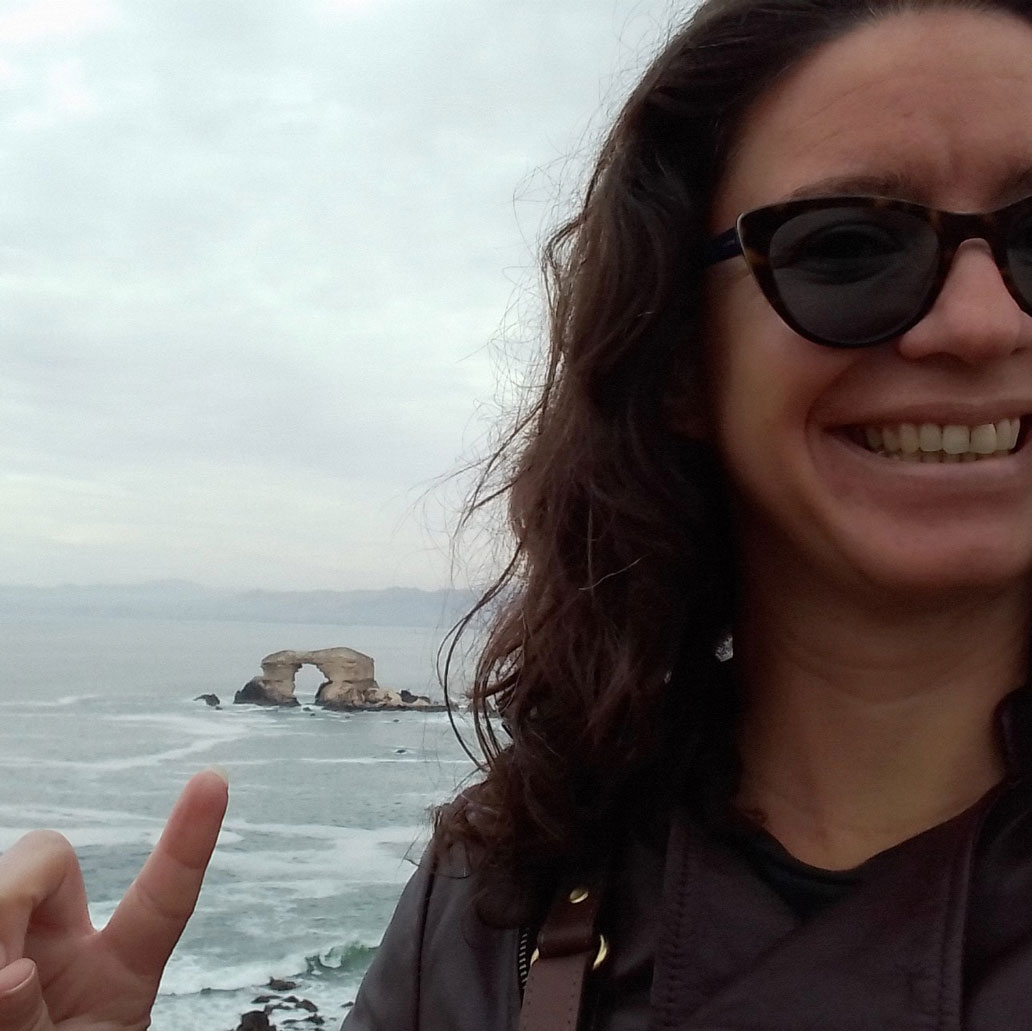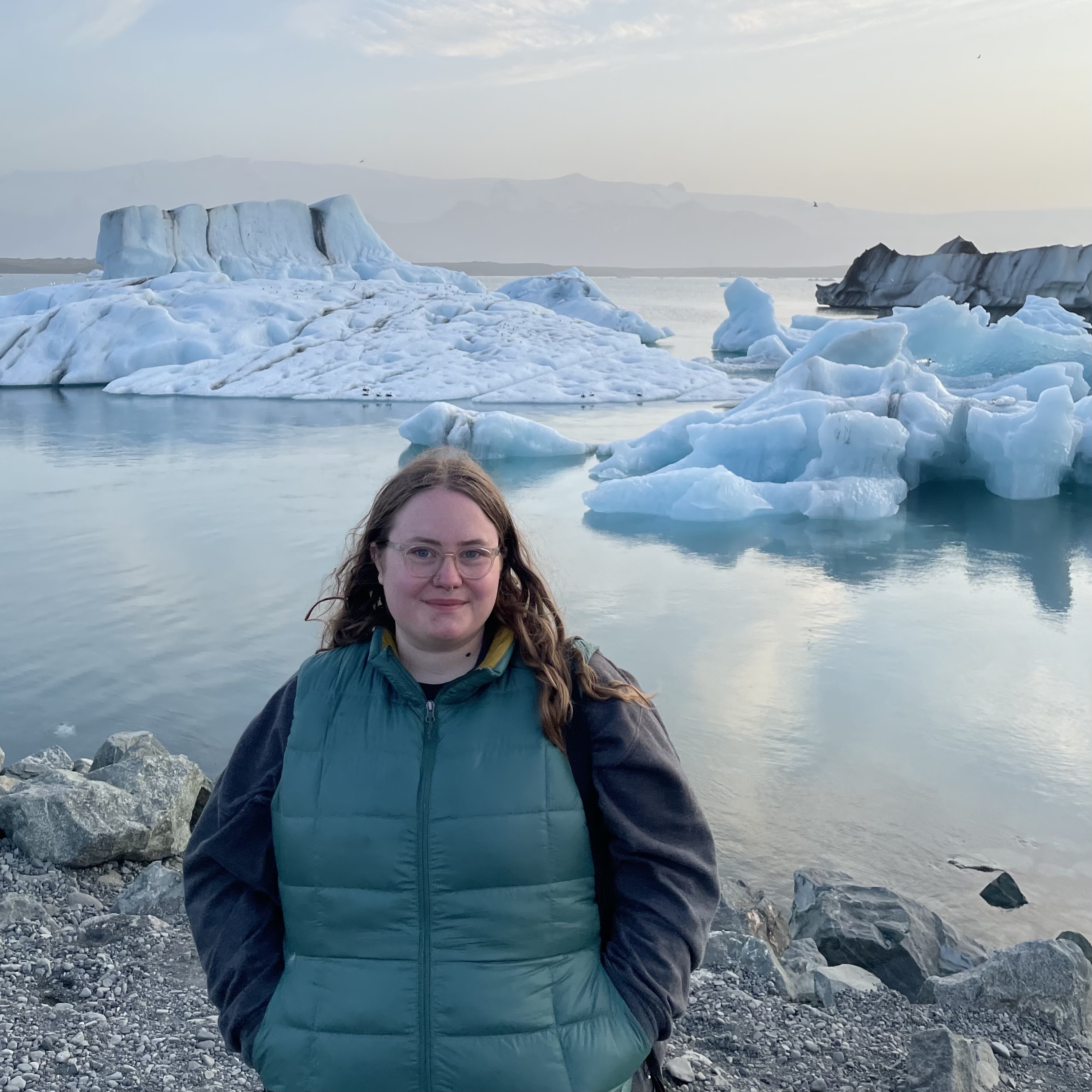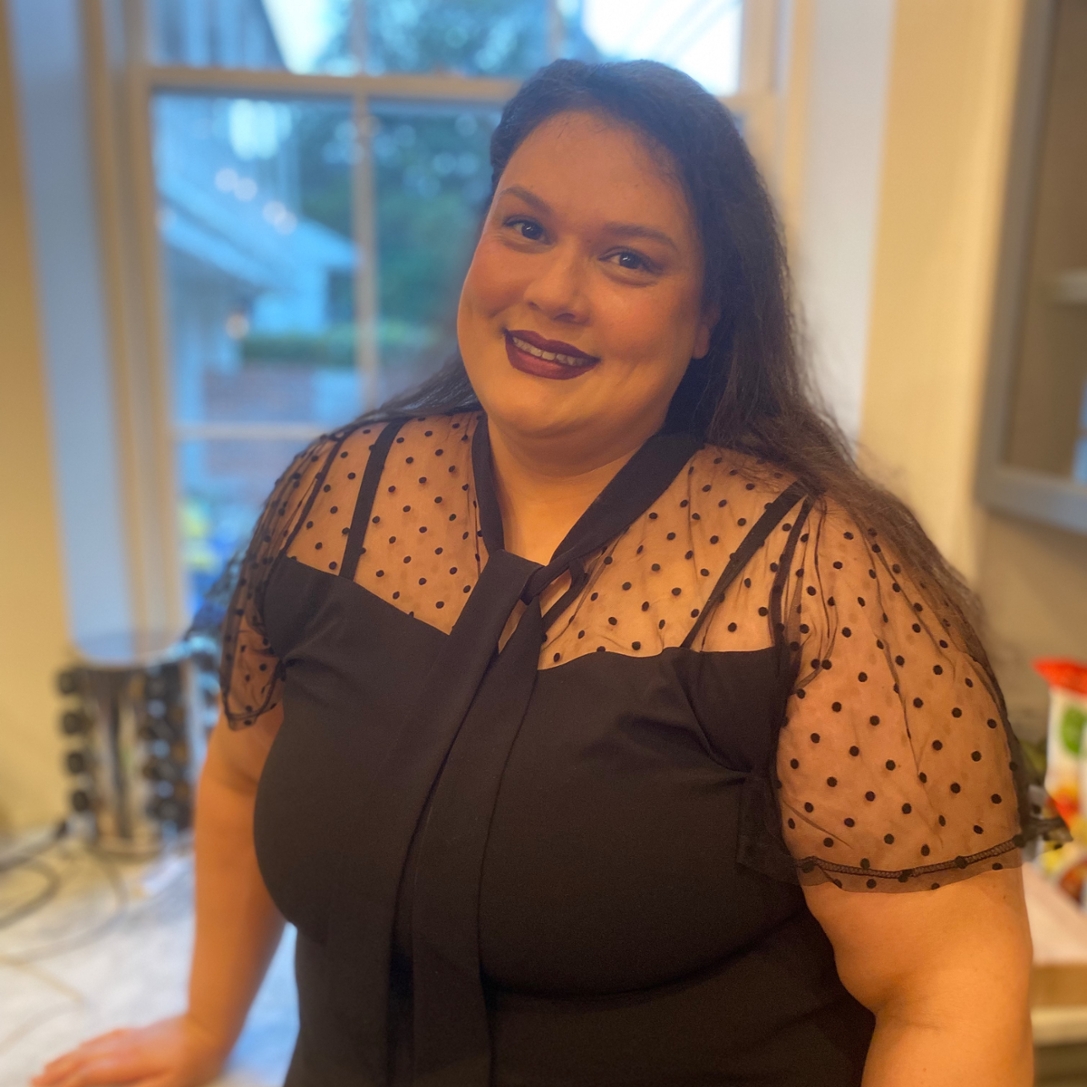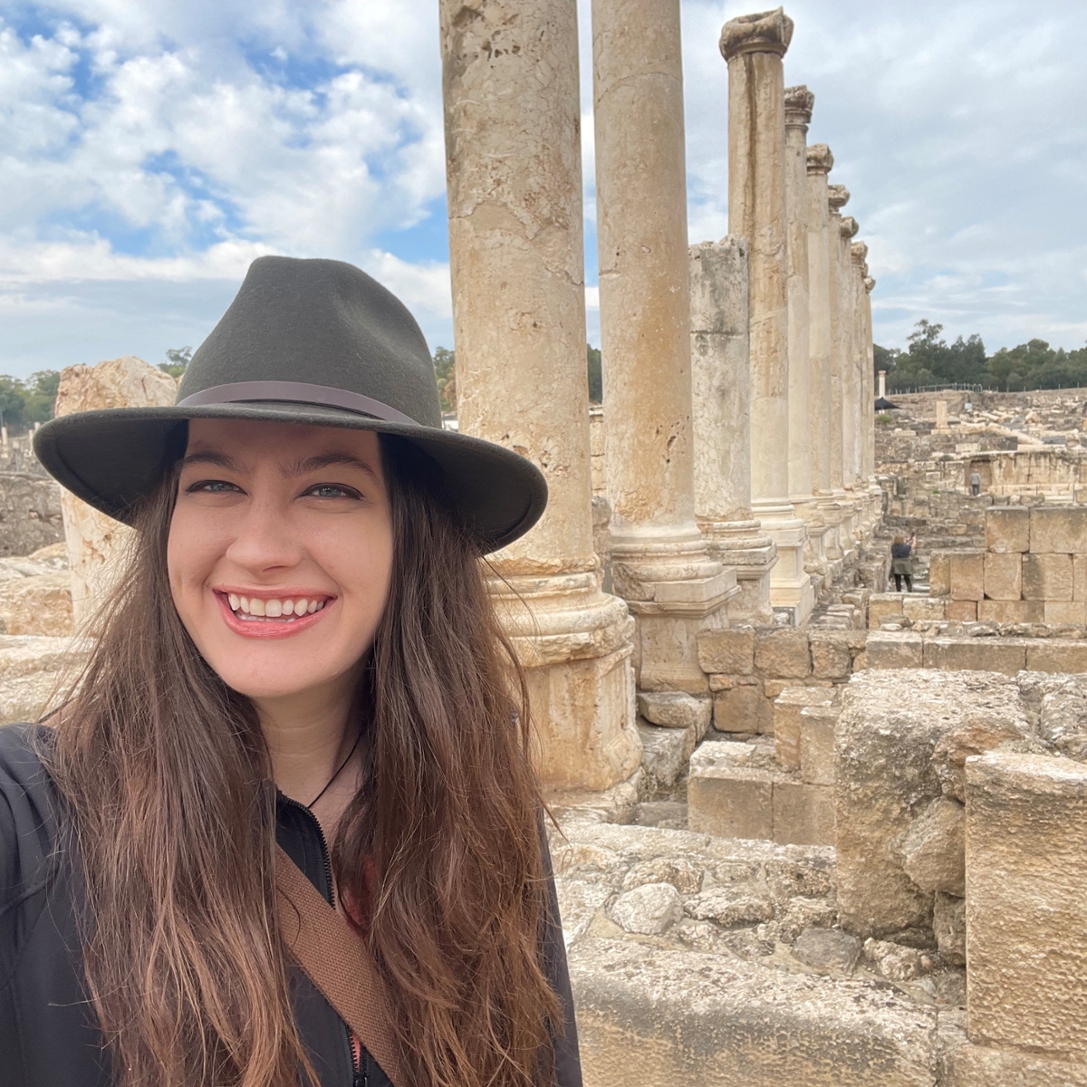Profiles of 2023-2024 NMHR Fellows
Meghann Chávez

Meghann Chávez is a Ph.D Candidate in the Department of History. She holds an MA in Public History from Florida International University as well as undergraduate degrees in both economics and history from the University of Colorado. Her work experience is primarily in accounting but also includes historic sites. At the University of New Mexico, her doctoral research investigates the intersections of politics, economics, and gender in Cold War Chile using the beauty salon as a focal point of activity. The beauty salon focuses attention on small business owners and communities in order to assess the ways in which popular politics, Cold War rhetoric, and economic policy collide to shape people’s daily lives and choices. This research incorporates public records and periodicals as well as oral histories to gain greater understanding of how different people experienced and influenced the profound changes to institutions which occurred in their lifetimes.
Emma Masterson

Emma Masterson is an MA student in the History department at the University of New Mexico, with a concentration in the American West. Her research interests have long been focused on religion in the American West, but she is also interested in educational histories of the American West. Emma is especially interested in the roles of religion and education in shaping community values, and examining conflicts that arise around religious and educational issues. She joined the History department in 2023, where she also works as a Graduate Assistant. Emma has a BA in Law, History and Culture and a minor in Photography from the University of Southern California.
Edrea Mendoza Quintero

Edrea Mendoza Quintero is a PhD candidate in the History department. Her dissertation is titled, “'Planificar es cuestión de querer’: Reproductive Rights & the State in 1970s Mexico.” In focusing on federal sex education curricula, family planning initiatives, and abortion debates, she seeks to understand the relationship between women’s bodies and government population control measures. In addition, by looking at various federal and non-profit organizations, she hopes to uncover how women’s groups and their allies reacted to the Mexican government’s attempt to intervene in women’s bodily autonomy. Edrea is originally from outside Oakland, Calif., she received her BA from the University of Denver and spent time working for the National Park Service in Washington, D.C. before earning her MA at Louisiana State University.
Ariel Wiebe

Ariel Wiebe is a Ph.D. student in the Department of History at the University of New Mexico. Her research focuses on twentieth century U.S. cultural history, with an emphasis on race, ethnicity, and othering. For her dissertation, Ariel plans to research the transnational history of Japanese civilian internment during World War II. In this project, she will describe the experience of Japanese migrants in nations like the United States and Australia, and depict the racialized ideologies, political movements, and social practices that influenced the decision to detain, intern, and eventually repatriate ethnically Japanese civilians unjustly labeled as “enemy aliens.” Ariel earned her M.A. in history from Liberty University and her B.A. in history from North Greenville University. Ariel has previously published her work “The Myth of the Crocodile Dundee: The “White Australian” and the Racialization of Australian Citizenship from 1901-1958” through the Madison Historical Review (née Ariel Norris: https://commons.lib.jmu.edu/mhr/vol19/iss1/3/) and is in the process of publishing her most recent work “The Parker Project: John Collier and the Administration of Poston War Relocation Center, 1941-1943” through the Journal of Arizona History.
